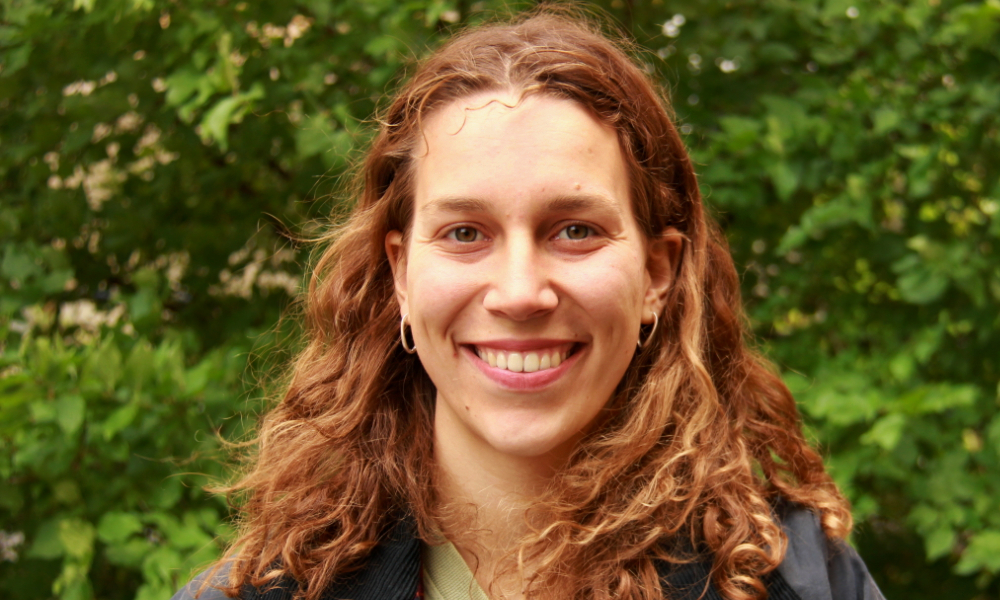Anna
Anna is from Berlin, Germany. She received her Bachelor of Science in Mechanical Engineering from the Technical University in Berlin in 2017 and spent some months in South America before moving to Stockholm.

What made you choose KTH?
While in South America and after traveling a bit, I worked in Rio de Janeiro for a non-profit organisation that studies the impact of technology in the digital age on societies and democracies, especially in the Global South. As an engineer, I am very interested in studying such aspects, and I believe we should be trained to be more aware of them. This is one of the many reasons I chose to apply to KTH to pursue my master's, because we touch on these topics in non-technical courses throughout the two years. Besides that, I was most attracted by the innovative environment that I knew would await me at KTH as well as the amazing underwater robotics cluster (SMaRC).
Are there any differences between studying at KTH and your home university?
Having studied for four years in Berlin, I knew that the study system there doesn't perfectly fit me – having a semester with four or five courses at the same time and all the exams at once in the end, while not much was usually demanded in the beginning. At KTH, I find it incredibly nice that the academic year is divided into quarters with fewer courses simultaneously, such that one can work more intensely but for a shorter time on one topic. I also deeply appreciate the approachability of all professors and the autonomy that is granted to the students.
What is your best memory from your time at KTH so far?
One of my favorite memories so far at KTH was an individual project that another student and I were allowed to work on over an entire semester, where we worked with a robot and sonar system to map glacial fronts. We got to experiment a lot in the waters around Stockholm. Despite inevitable challenges and setbacks, this was probably the most challenging yet fun and teaching experience.
What do you like most about KTH?
I think KTH is a great place for master's studies because you really get to dive into your niche and can be inspired by a selection of courses by world-class professors and initiatives all around campus and Stockholm. I am constantly in awe of all the amazing events, conferences, and meetups that are happening here where we can often attend for free thanks to KTH. I would say the university really opens all the doors to get lost in the tech world, and it's up to the student to walk through them and take the opportunity for one's future.
What do you see as the most significant aspects of your programme?
Specifically, the SCR is a great programme to choose because you get a good insight into all the different aspects that are important in this field. There are numerous specialisations and daunting tasks flowing in daily, and it's hard to choose what is more exciting: exploring the deep ocean, helping to build a 5G network around Stockholm, or working on computer vision and active perception.
Do you have a dream job after graduating from KTH?
I have a vision of someday working at the intersection between policy, ocean conservation and protection, and robotics. While I have no idea myself yet what that even means, I do feel that at KTH I am taking many significant and relevant steps towards realising at least some aspects of this dream. And I would be confident in saying that if one has such a specific or tangible notion of what one wants to do, then KTH is a really good place to come and pursue it!
